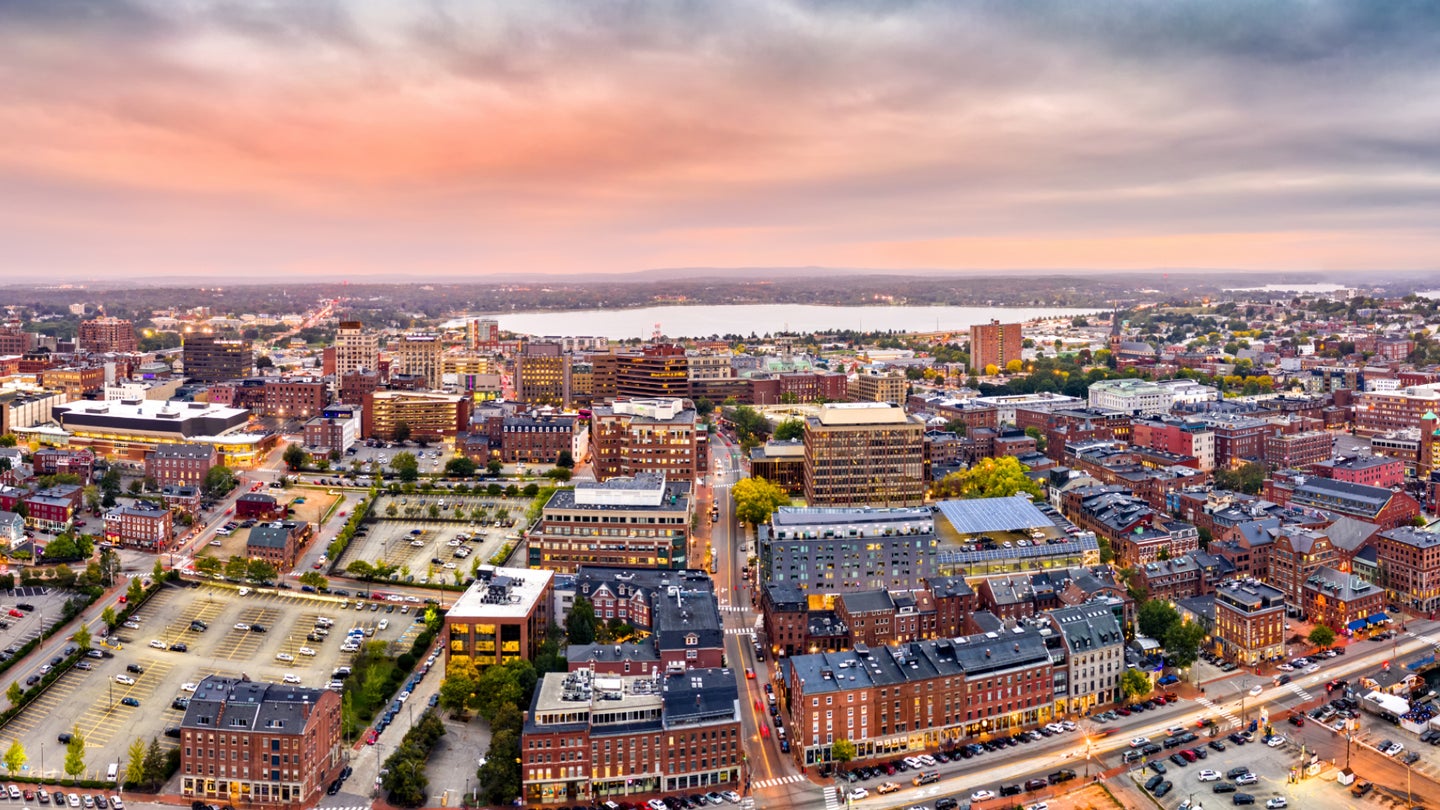Roux Institute Techstars Accelerator Announces 2022 class
Sep 13, 2022

By Lars Perkins, Managing Director of the Roux Institute Techstars Accelerator
I'm pleased to announce our incoming class of 10 promising startups that will spend the next three months in Portland, Maine, working with Techstars mentors and The Roux Institute and the global Northeastern University network to build their businesses.
Launched in 2021, the accelerator is a collaboration between Techstars and the Roux Institute at Northeastern University, an innovation hub devoted to deepening and expanding the digital engineering and life sciences economy of Portland, the state of Maine, and northern New England.
Our second class is building on momentum gained from our first, which graduated last December and to date has raised more than $7 million and created 17 jobs in the state of Maine. And, of particular note, of the nine startups from last year that were not based in Maine, three chose to put down roots in Portland after the accelerator and build their businesses here!
In selecting the new class, we looked for companies building products and solutions in areas that will revolutionize how we live and work. The incoming companies hail from Chile to Los Angeles, as well as two based in Maine, and are working in the areas of artificial intelligence, healthcare tech, and additive manufacturing.
The founders we will welcome to Portland next week are an exceptional and diverse group. They stood out in demonstrating a deep understanding of their markets and customers’ pains, as well as having teams able to execute quickly.
We look forward to helping them hone their operations and plugging them into Techstars’ worldwide network that helps entrepreneurs succeed, as well as faculty, researchers, and mentors from the Roux Institute and Northeastern University’s expansive global network.
“We are excited to welcome the second class of companies to the Roux Institute Techstars Accelerator,” said Ben Chesler, Director of Venture Creation and Acceleration at the Roux Institute. “Maine is at a very exciting inflection point where we have seen a huge number of exciting early-stage tech companies setting up shop in the state over the past couple of years. The Roux Institute is humbled to be a small part of supporting the growth of this ecosystem and, more importantly, supporting early-stage founders who want to build their companies in Maine. Our mission is to help drive Maine's economy forward, and the Roux Institute Techstars Accelerator is a big part of that.”
Chesler added: “We believe there is real power and magic in combining the capabilities of a world-class global research university with the energy and passion of early-stage founders.”
Mark your calendars. Our Demo Day is scheduled for Dec. 15, 2022, where founders will have an opportunity to pitch their businesses to a live audience of community members, mentors, and potential investors.
Here are the members of The Roux Institute Techstars Accelerator’s 2022 class:
ByDesign
Boston, Mass.
The first social and achievement oriented planning tool that helps people plan their lives, build community, and achieve goals.
CICLA
Concepción, Chile
At CICLA we develop and produce advanced composites materials for 3D printers.
Cypress Health
Los Angeles, Calif.
An integrative gut health solution built on consistent, contextualized data for patients and care teams.
hey freya
Portland, Maine
hey freya is the first comprehensive women’s wellness solution that prioritizes convenience, inclusivity, and the top concerns of busy women: overwhelm, exhaustion, and anxiety.
HotDrop
Newton, Mass.
HotDrop is an app that connects artists with fans, making music discovery simple and social.
Pointz
Providence, R.I.
Pointz is a mapping app that crowdsources safer bike & scooter routes. We license the data to delivery companies and operators.
ReVert Technologies
New York, N.Y.
We make AI-enabled power outlets to help consumers become conservers.
The PS Collective
Brooklyn, N.Y.
The PS Collective is an online marketplace where women are connected to independent designers who make clothes to fit their shape and style.
Torque
Portland, Maine
Instead of hiring DevOps to set up cloud infrastructure manually, software developers design systems visually.
Virtual Sapiens
Boston, Mass.
Virtual Sapiens leverages AI and behavioral science to provide insights on nonverbal communication cues on video.
To follow the action throughout this year's accelerator program, please follow @TechstarsRoux on social media. To learn more about the Roux Institute Techstars Accelerator or to apply for future programs, please contact our team.

